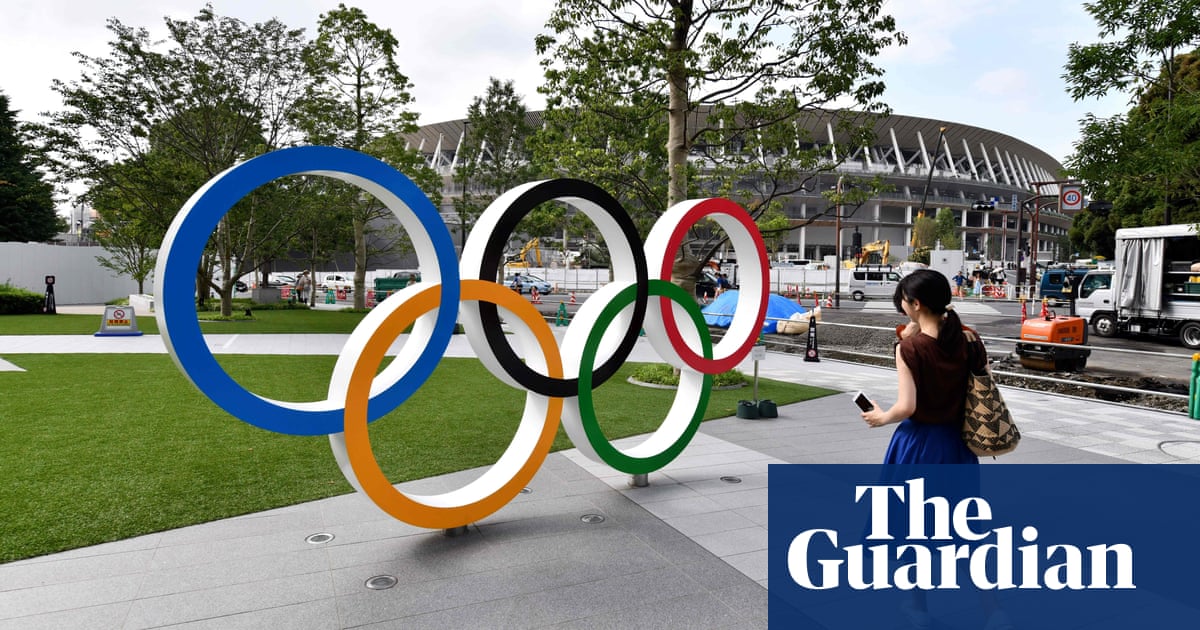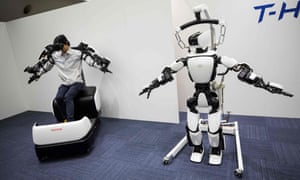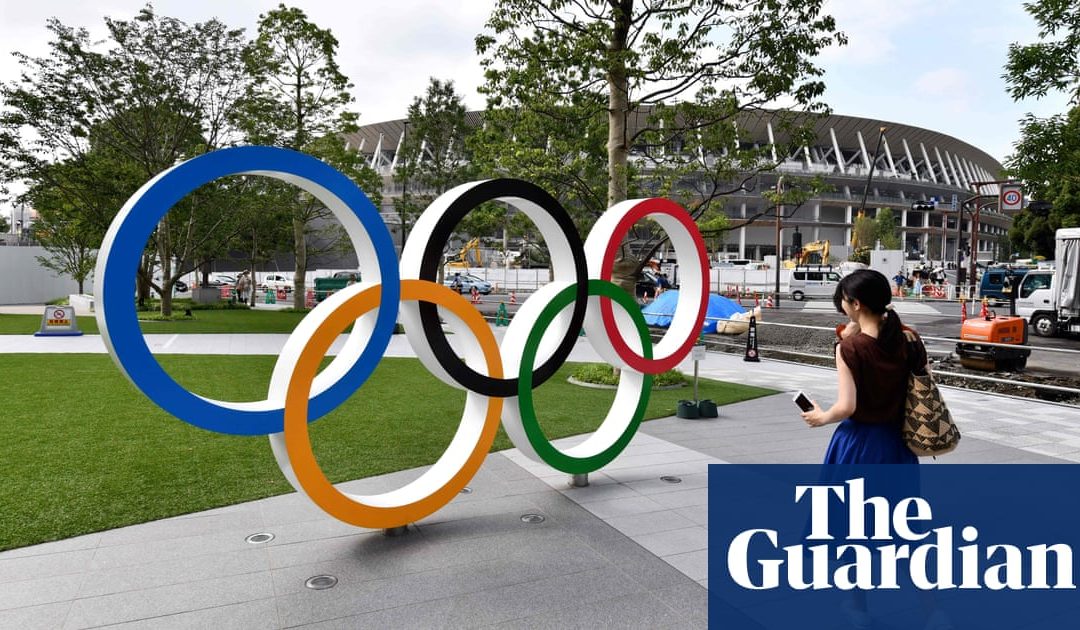Despite concerns about extreme heat, ballooning costs and accommodation shortages, organisers are resolutely upbeat

Despite concerns about extreme heat, ballooning costs and accommodation shortages, organisers of the Tokyo 2020 Olympics and Paralympics are resolutely upbeat with one year to go until the opening ceremony and not without some justification.
Asked about the biggest challenges organisers have overcome so far a spokesperson, Masa Takaya, said that Tokyo 2020 has not really faced any major issues, adding the International Olympic Committee and International Paralympic Committee are very satisfied with our preparations.
That assessment requires downgrading to minor issues such as the scrapped original stadium plan, a replacement design without an Olympic cauldron, plagiarised logos that were also scrapped, a bidding corruption scandal and a budget on course to quadruple from initial projections.
Cynics might say vote buying and cost overruns are as Olympic as east African long-distance runners and east European gymnasts, and none of this has dampened enthusiasm from fans, sponsors and broadcasters in Japan or around the world.
More than 7.5 million people in Japan registered for the first ticket lottery, making every event massively oversubscribed: 90% of applicants are estimated to have come away emptyhanded in the first round in June, and two more rounds have been scheduled for later this year.
Then there are the hundreds of thousands expected to come from around the world to a country already showing signs of struggling to cope with a massive tourism boom.
Japan has gone from 9 million tourists in 2012 to more than 30 million last year, and is aiming for 40 million by 2020, says Dr Mike Duignan, professor of sports management at Coventry University, who is in Japan researching a TokyoZones project looking at the Games impact. This rate of growth is not sustainable, and Japan hasnt really been prepared in many ways, including in terms of English language and accessibility.
The influx of foreign tourists has already caused a backlash in some quarters, despite the welcome shot in the arm for the economy that a record 4.51 trillion (33.5bn) in spending by overseas visitors delivered in 2018.

Heightened demand from visitors could see a shortage of more than 10,000 hotel rooms during the Games. With Airbnb heavily regulated, Japanese travel companies have chartered cruise ships, to be docked at nearby Kawasaki and Yokohama, to use as extra accommodation.
Being near the water may be one way to find at least some relief from the extreme heat and stifling humidity that are almost a certainty in Japan between 24 July and 9 August, when the Games will run. A heatwave across those two months last year killed more than 130 people and saw 70,000 hospitalised. Organisers are taking a host of measures, including early morning starts for the marathons, but concerns about the safety of athletes and spectators persist.
This year is chilly in Tokyo, which is very different to last year, and we dont know what will happen next year We have made arrangements so that events can be shifted if the weather requires it, said Yoshiro Mori, 82, the president of the Tokyo Organising Committee who was prime minister of Japan from 2000 to 2001.
The IOCs John Coates, at the same press conference in Tokyo on Tuesday, confirmed that spectators will be able to take their own water into venues and that there will be adequate shade when queuing for events.
At Tokyo 1964, the last time the Summer Olympics were hosted by Japan, they were held in October. But that schedule does not fit with the plans of international broadcasters, who pay billions and make the event so attractive to sponsors. Tokyo 2020 has raised $3.1bn in sponsorship from 62 Japanese firms, around triple what any previous Games has pulled in from domestic companies.
Some of those sponsors will be showcasing new technology at Tokyo, which aims to host the most innovative Games in history, said Takaya. That shouldnt be too much of a stretch given the pace of technological advance and the interval between Olympics. Sponsor Toyota has built robot greeters for venues, android incarnations of the Olympic mascots and an automated cart to collect javelins and discus from the athletics field.
Whatever technology wows spectators and athletes next year, it would be unrealistic to expect the Games to have the same impact on Japan as Tokyo 1964. That event, and the preparations for it, truly transformed the Japanese capitaland presented a reborn nation onto the world stage as it completed its recovery from the ashes of the second world war. The show that Japan delivered was an undoubted source of pride for its citizens.
Not everyone is so positive this time around. A press conference was held Tuesday morning by anti-Olympic activists, including Jules Boykoff, a political science professor and former member of the US Olympic football team, and Misako Ichimura of the local Hangorin no Kai NoOlympics2020 group.
Ichimura called for the cancellation of next years Games and condemned the use of public money when reconstruction from the March 2011 earthquake, tsunami and nuclear disaster has yet to be completed.
Boykoff said the Olympics were an excuse for the militarisation of public spaces, accused the events of trafficking in plastic nationalism and urged people to look under the shimmering shiny surface of the Games at who really benefits from them.
Protests have been relatively low-key and even the most ardent activists realise the Games will be going ahead next summer. On Wednesday, Coates said: The official invites will be sent out to 206 countries and the refugee team.
Read more: https://www.theguardian.com/sport/2019/jul/24/ioc-tokyo-2020-olympic-games


Recent Comments